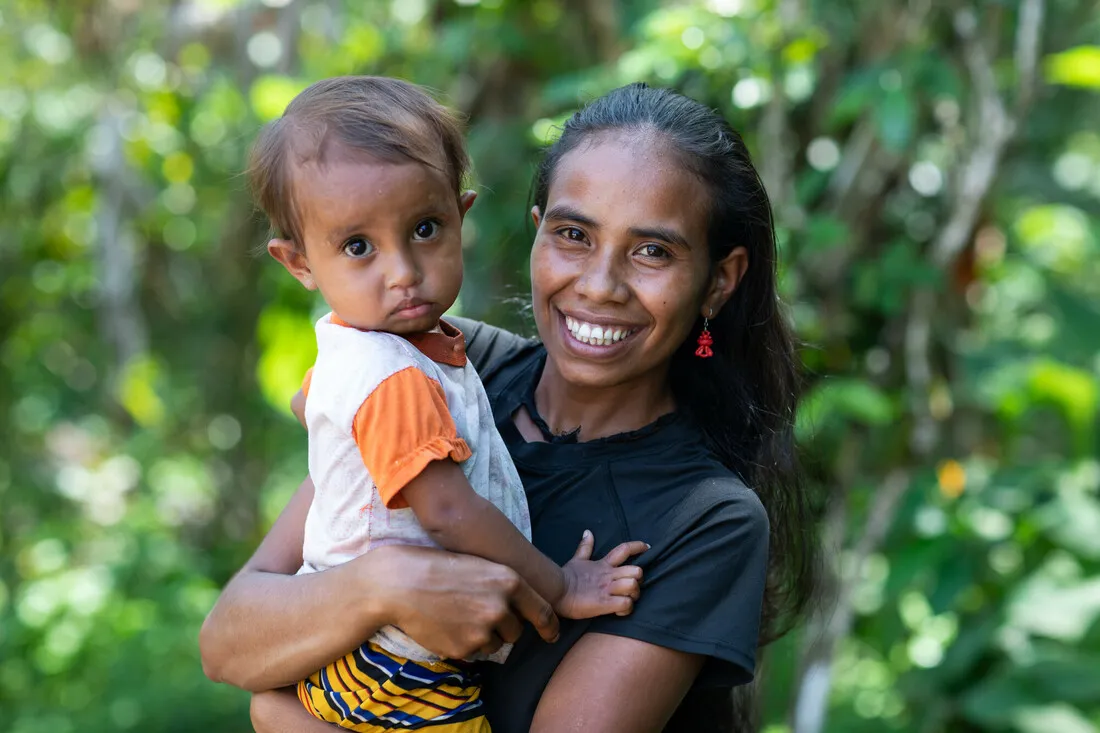Millions worldwide face challenges like war and conflict, displacement, natural disasters, and lack of access to basic services such as food, water, shelter, health care, and education.
Key global challenges:
- More 123 million people fled their homes as a result of conflict and violence.
- One in five women in crisis reports experiencing sexual assault.
- 8 billion people — about one in three people — can’t afford a healthy diet.
- About 733 million people were hungry in 2023 — that is one in eleven people globally and one in five in Africa.
- 8 million people die every year of preventable causes because there are not enough health workers.
- One in five girls get married before they turn 18, creating permanent damage to their health, lifetime earnings, and their children’s futures.

